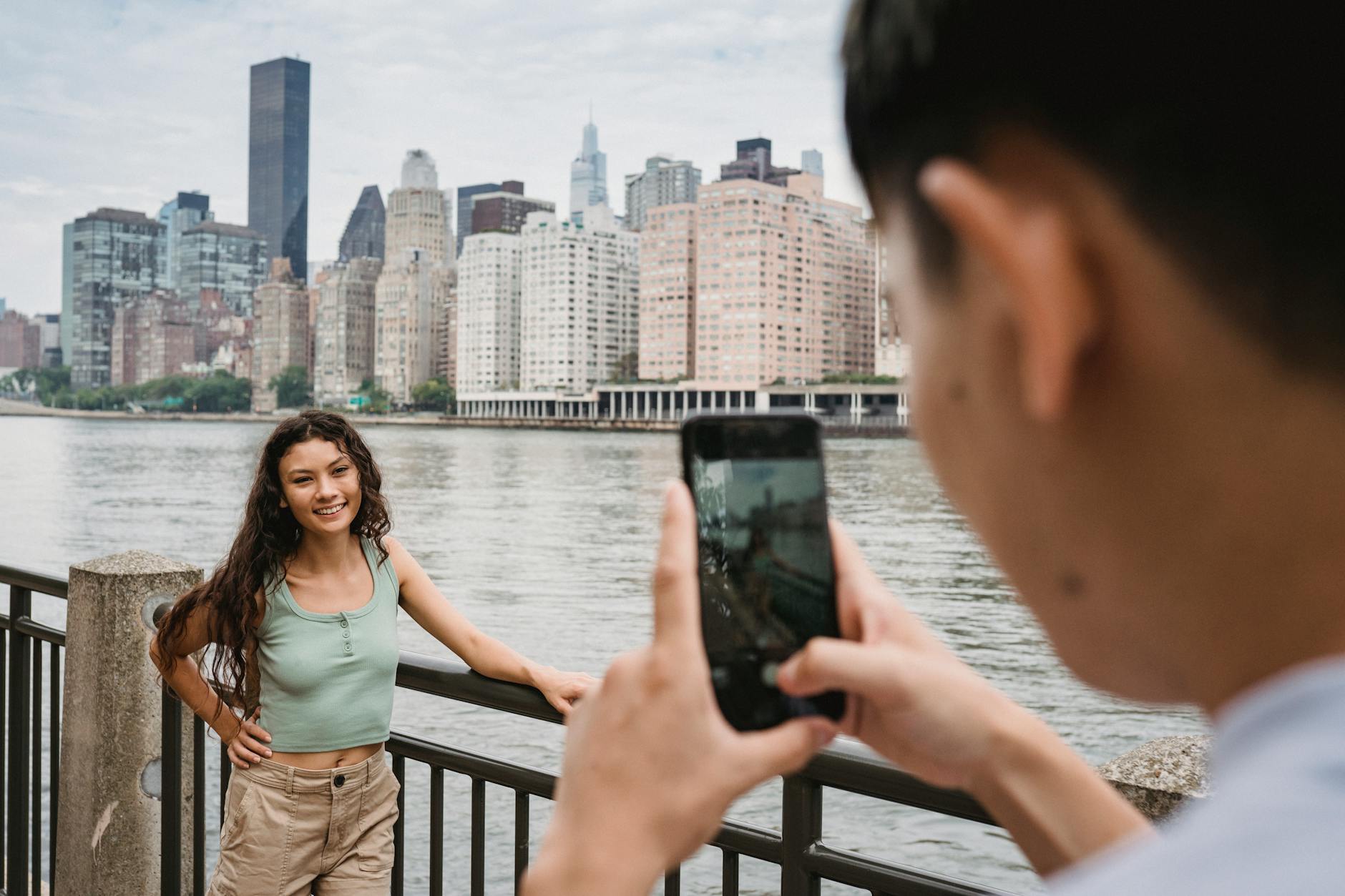How to Find Sustainable Fashion Gems in Australia

Understanding Sustainable Fashion
As a sustainable fashion advocate navigating the vibrant scene in Sydney, I'm constantly drawn to the allure of eco-friendly choices. One of my key focuses is understanding how sustainable materials contribute to a healthier planet while keeping my wardrobe both stylish and functional. Whether it's leggings crafted from organically grown cotton or baby clothes spun from bamboo fibres, the shift towards ethically sourced textiles is evident. This focus on quality materials ensures not only comfort but also longevity, allowing us to invest in pieces that stand the test of time.
When exploring boutique stores in Paddington for sustainable fashion, I often find gems that effortlessly mix aesthetic appeal with sustainability. This neighbourhood offers a treasure trove of options that are perfect for the digital nomad lifestyle. It's about curating a collection of clothing that matches my creative spirit while being mindful of our environmental impact.
In addition, pairing these eco-friendly materials with ethical production practices elevates the entire experience. Creative workshops at the Museum of Contemporary Art near The Rocks often inspire my choices, reminding me of the artistry and intention behind each piece. Sustainable fashion is about crafting a look that not only tells a story but also contributes positively to the world around us.
Exploring Australian Brands
Local Makers Spotlight
In the heart of Sydney, opportunities abound for discovering local artisans championing the sustainable fashion movement. Nestled among the bustling creative hubs along the stylish enclaves of Paddington, numerous boutique stores offer insights into locally-crafted pyjamas for women designed with eco-mindedness. Here, freedom of travel and creativity are encapsulated in each piece, celebrating the fusion of function and form.
Indigenous Voices in Fashion
Australia's rich tapestry of Indigenous culture provides profound insights into the fashion narrative. Indigenous designers skillfully embrace sustainability, integrating traditional craftsmanship with modern aesthetics. This harmonious blend offers a unique perspective on maternity clothes, reflecting the importance of preserving cultural heritage while contributing to the larger conversation on ethical fashion practices. These voices provide invaluable stories that heighten the awareness and appreciation of Australia’s diverse fashion landscape.
Up-and-coming Designers
Sydney's vibrant design scene is an excellent incubator for emerging talent that prioritizes sustainability. Cafes in Surry Hills, often bustling with freelance creatives, serve as informal meeting grounds where ideas about sustainable fashion and innovative design are traded. Being part of these conversations fosters a deep sense of community and shared purpose—an essential element for those, like you, who seek a dynamic confluence of creativity and sustainability. These designers not only reflect Australia's fashion identity but also provide options that resonate with a global ethos of eco-consciousness.
Shopping with Intention
Finding Hidden Gems Locally
As someone passionate about sustainable fashion, I often embark on treasure hunts through boutique stores in Paddington for eco-friendly finds. Navigating these spaces, I find joy in discovering unique plus size dresses that embrace body positivity and ethical manufacturing. Paddington's boutiques offer a refreshing experience, free from the high pressures of fast fashion, where each piece tells a story of careful craftsmanship and sustainability.
Utilizing Online Platforms
For those who prefer shopping from home, online platforms are a goldmine for sustainable shopping. Websites focusing on ethical fashion allow you to explore diverse options like track pants made from recycled materials. Many sites curate selections that uphold environmental standards, making it easier to align purchases with your values. As a digital nomad, these platforms help bridge geographical distances, delivering ethically made clothing wherever you are in Australia.
Second-hand and Vintage Options
Second-hand stores and vintage shops support a sustainable wardrobe by allowing you to recycle fashion that already exists. Browsing through these stores is much like exploring creative workshops at the Museum of Contemporary Art near The Rocks, uncovering pieces with history and character. Vintage fashion not only supports sustainability goals but also embraces individuality, ensuring your style remains distinct and innovative.
By thoughtfully selecting where and how you shop, you not only enrich your wardrobe but also contribute to a more sustainable fashion ecosystem.
Styling Sustainable Outfits
Creating a sustainable wardrobe isn't just about selecting eco-friendly clothes—it's about harmonising creativity, versatility, and personal expression. As someone who navigates between Paddington’s boutique stores and trendy cafes in Surry Hills, I find it essential to experiment with pieces that not only enhance my style but also support the environment. Start by investing in versatile staples, like a dressing gown made from organically sourced materials, which transitions seamlessly from lounge wear to a chic outer layer. Pair it with your favourite ethical accessories to elevate the outfit while maintaining comfort.
When it comes to personalising your looks, consider unique pieces that speak to your individuality and lifestyle. A playful onesie made from sustainable cotton can serve as a statement piece in your wardrobe. These items not only tell a story but also allow you to express your artistic flair and commitment to sustainable fashion.
To keep your wardrobe fresh and sustainable, swap and incorporate different textures and patterns sourced from eco-conscious brands. Attend creative workshops at the Museum of Contemporary Art to further inspire how you can mix and match with boldness and elegance. Sustainability in fashion is not a trend; it's an opportunity to showcase your innovative spirit and dedication to a more thoughtful lifestyle.
Conquering Sustainable Fashion Obstacles
Spotting True Sustainability Among Claims
Finding truly sustainable fashion amidst the wave of greenwashing can feel daunting, but armed with some knowledge, you'll easily navigate the landscape. Always check for certifications that back the eco-friendly materials you desire. In Sydney's boutique stores, scrutinise labels for credible eco-certifications. Embrace creative workshops at the Museum of Contemporary Art, where you can meet fellow enthusiasts and learn to distinguish authentic eco-brands.
Keeping Partnerships Genuine and Productive
Authentic collaborations in the sustainable fashion sphere can elevate your wardrobe. Opt for connections with brands that value transparency, like those with Indigenous designers who bring unique perspectives to their craft. Engaging with designers at creative meet-ups or trendy cafes in Surry Hills helps maintain a genuine dialogue on what matters—sustainable and ethical production.
Evaluating the Balance of Investment and Longevity
Balancing cost and value in sustainable fashion is crucial. While some pieces may have higher upfront costs, their long-term wearability makes them worthwhile investments. Durable, versatile pieces, often found in Paddington boutiques, might initially seem pricey, but remember that their ability to blend with your existing wardrobe reduces the need for frequent purchases. Practicality meets style, fostering a collection that caters to the digital nomad lifestyle, while respecting both your wallet and the planet.


